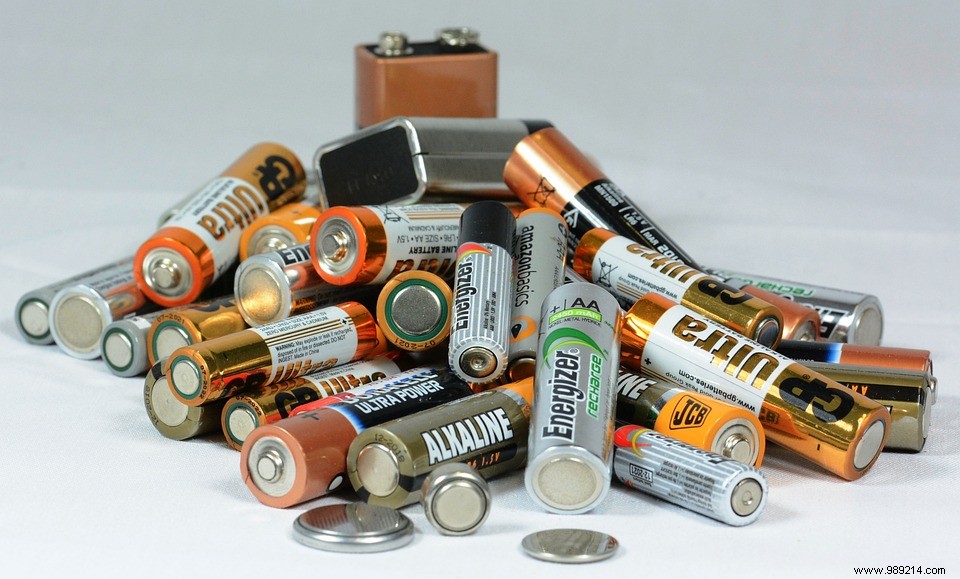French law strictly prohibits throwing batteries and accumulators in household trash. These contain hazardous substances that endanger the environment and human health, yet their components hold tremendous recycling value.
A 2019 report from France's Ministry for Ecological Transition noted over 1,200 million batteries and accumulators sold annually in the country. Even with declining sales and miniaturization, this totals 200,000 tonnes. Since the 1990s, batteries have been classified as hazardous waste, including paper, plastic, and heavy metals like nickel, mercury, lead, and zinc.
Europe established dedicated collection and treatment systems as early as 1991. Producers now manage end-of-life disposal. Individuals cannot discard them in nature or regular bins, as corrosion can cause deterioration. In landfills or incinerators, they release heavy metals, severely polluting the environment.

Batteries also threaten health: nickel can cause eczema and sinusitis, mercury harms the nervous system and triggers gingivitis, and cadmium is carcinogenic. Recycling protects both health and the planet. Used batteries retain valuable resources, avoiding costly and polluting mining. Notably, nearly 75% of battery materials are recyclable, producing thousands of tonnes for items like car body panels, stainless steel cutlery, and zinc gutters.
Drop off dead batteries at collection points. All battery retailers must provide them, alongside many town halls, public spaces, and recycling centers. Specialized carriers deliver them to sorting facilities, where staff categorize by type (saline, alkaline, etc.). Recyclable parts are processed; the rest stored securely in final waste facilities.